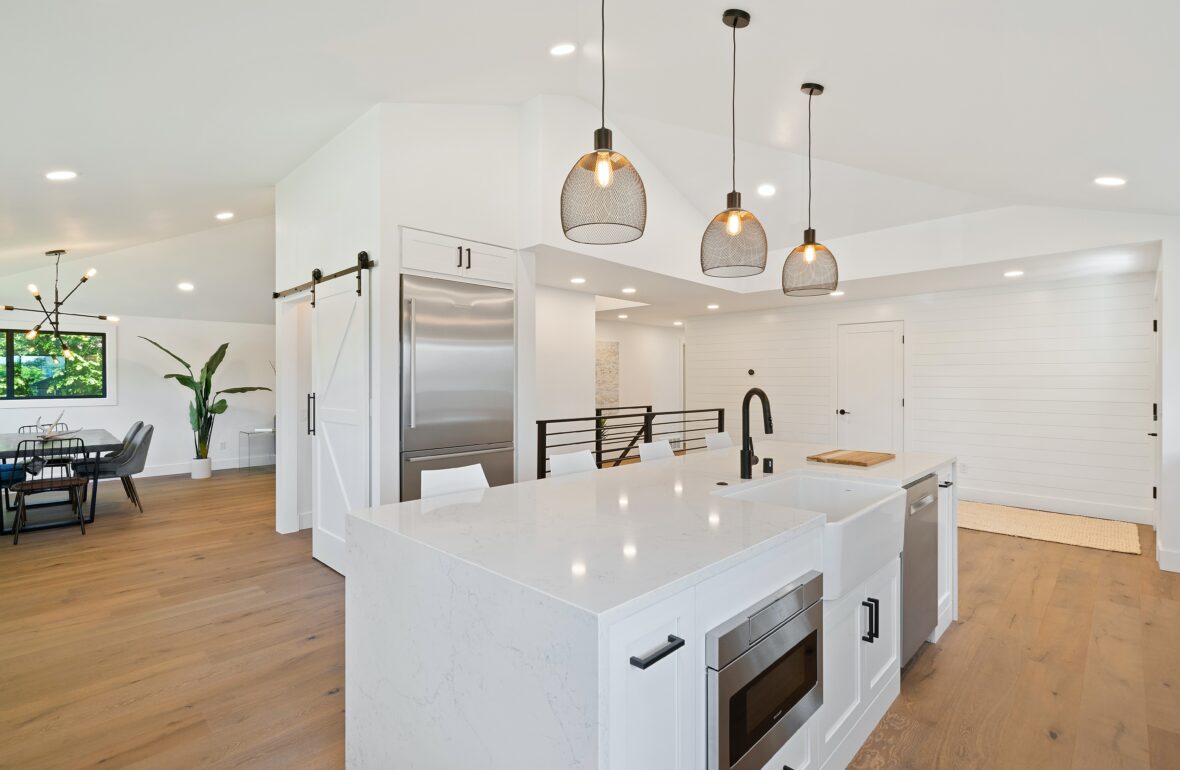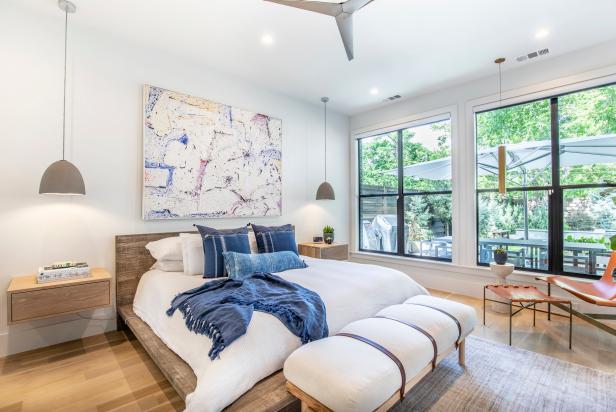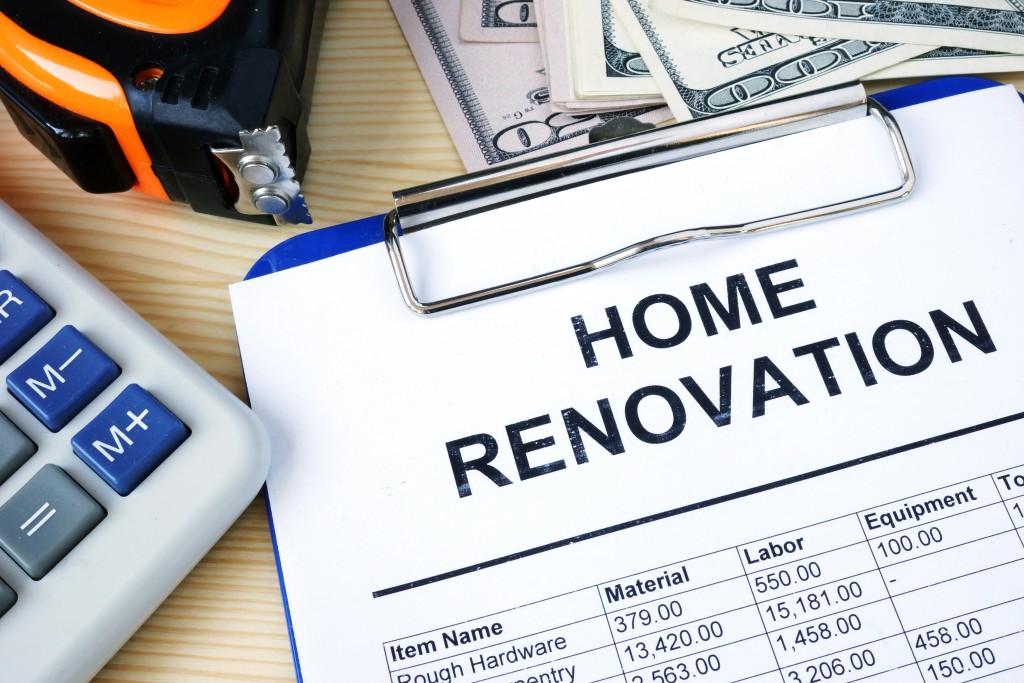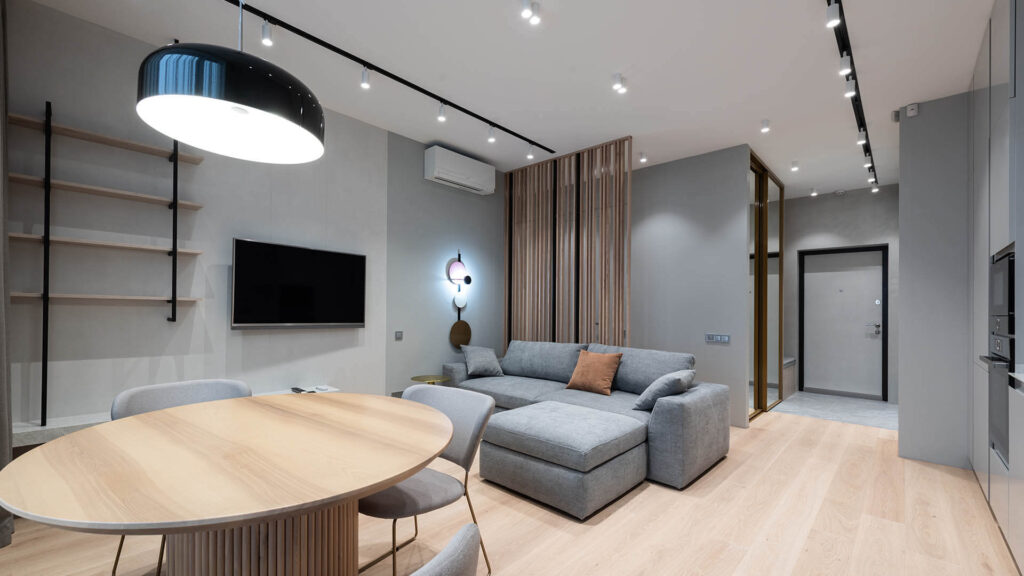
You’ve been dreaming of remodeling your kitchen for years. Finally, you have the time and budget to make it happen. But as the date for your contractor to start draws near, you begin to feel anxious. What if something goes wrong? What if the project takes longer and costs more than you anticipated? Remodeling your home can be a stressful experience. But it doesn’t have to be. With a little planning and forethought, you can minimize the stress and make the process go smoothly. Here’s a checklist of six things you should do before starting your remodel:
Define your style

The first step in any remodel is defining your style. This can be a difficult task if you are not sure what exactly you are looking for. There are many different styles to choose from, and it is important to find one that fits your personality and the overall look of your home. If you are unsure of what style to choose, there are many resources available online and in magazines that can help you narrow down your choices. Once you have defined your style, the next step is to start planning your remodel.
Set a budget—and stick to it

It’s no secret that remodeling your home can be expensive. But with a little bit of planning, you can stay on budget and avoid any stressful surprises. Here are a few tips to help you set—and stick to—a budget for your next remodel:
1. Know how much you can afford to spend. This is the first and most important step in setting a budget for your remodel. Take a close look at your finances and determine how much you can realistically afford to spend on your project.
2. Set a realistic goal for your budget. Once you know how much you can afford to spend, it’s time to set a goal for your budget. Be realistic when setting this number—it should reflect the scope of work you want to have done and the quality of materials you want to use.
3. Create a detailed plan and estimate costs upfront. Once you have a goal for your budget, it’s time to start planning out your remodel in detail. This includes everything from choosing materials to estimating labor costs. Getting accurate costs upfront will help you stay on track financially as you move forward with your project.
4. Stay flexible with your plans (but not with your budget). As with any home improvement project, there will inevitably be some changes along the way—materials may go out of stock, labor costs may change, etc. But it’s important to remain flexible with your plans
Hire the right team

1. Hire the right team
The first and most important step in ensuring a smooth remodel is to hire the right team. This means finding contractors who are experienced, reputable, and who you can trust to do a good job.
To find the right contractor, start by asking friends and family for recommendations. Once you have a few names, check online reviews and compare prices. Once you’ve narrowed down your options, be sure to schedule interviews with each of the contractors before making your final decision.
In addition to hiring a good contractor, it’s also important to have a clear vision for your remodel. Before starting any work, be sure to sit down with your contractor and go over every detail of what you want to be done. This will help avoid any misunderstandings or surprises down the road.
Manage your expectations
As with any major life event, your remodel will go more smoothly if you manage your expectations. Here are a few things to keep in mind:
1. The process will take longer than you think. No matter how well you plan, there will always be unforeseen delays. Expect that the project will take at least twice as long as you originally anticipated.
2. The cost will be higher than you budgeted. Again, there are always unexpected costs that come up during a remodel. Build a cushion into your budget to account for these additional expenses.
3. You will have to make compromises. You may not be able to get everything on your wish list, so be prepared to make some compromises along the way.
4. It will be messy and disruptive. A remodel is a messy and disruptive process, so don’t expect things to be perfect during the construction phase.
5. There will be dust and noise. Construction dust and noise are inevitable, so make sure you’re prepared for them before work begins.
6. You might have to move out temporarily. If the work is extensive, you may need to find alternative accommodations during the construction phase. This could mean staying with friends or family or renting a hotel room for a few weeks or months
Be prepared for the unexpected
1. Be prepared for the unexpected:
No matter how much you plan and prepare, there will always be some element of the unknown when embarking on a remodeling project. The key is to be prepared for anything that might come up, and to have a contingency plan in place in case something does go wrong.
Some things that can unexpectedly occur during a remodel include:
-Unexpected delays due to weather or unforeseen circumstances
-Materials not arriving on time or as expected
-Changes in scope or design midway through the project
-Budgetary overruns
If you are prepared for these potential bumps in the road, they will be much easier to deal with when (and if) they occur. Have a realistic timeline in place, and build in some extra time for contingencies. Have a solid budget in place, and be aware of where you may need to cut corners if necessary. And finally, be flexible with your vision for the project – remember that it is your home, and you can always make changes down the road if something doesn’t turn out quite as expected.
Enjoy the process—and the results!

Assuming you’ve already done your homework and know what you want, it’s time to enjoy the process! It can be easy to get wrapped up in the stress of a remodel, but try to remember that this is an exciting time. Embrace the changes happening around you, and take pride in the results.
After all, you’re the one who will be living with the results of your hard work. So make sure you love every step of the process—from start to finish.

